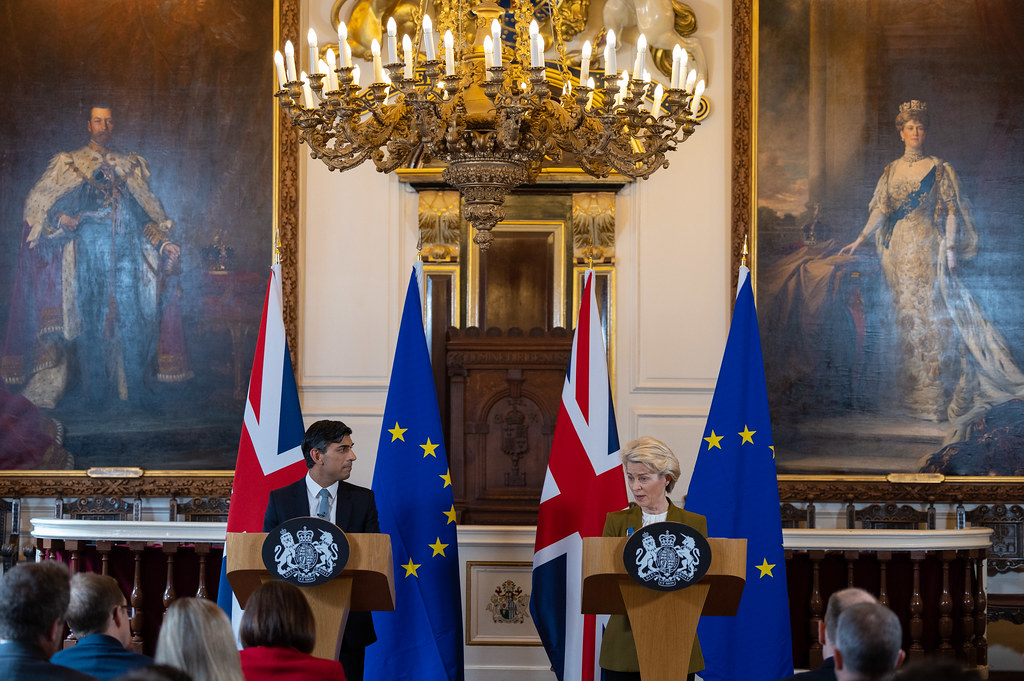Trade association Energy UK has published new analysis showing that increased UK cooperation with the EU could cut wholesale energy costs.
The analysis, UK-EU Energy and Climate Cooperation: Why heightened engagement is imperative for Net Zero, highlights potential savings of up to £1.1 billion a year which could be made from “more efficient trading arrangements and greater coordination”.
Greater alignment with the EU could result in lower energy bills and bolster energy security, Energy UK said. The UK also left the Internal Energy Market (IEM) when it left the EU, leading to a ‘patchwork’ of trading arrangements and a less efficient system for trading electricity between Great Britain and mainland Europe, according to Energy UK.
The trade body also noted the EU’s introduction of a Carbon Border Adjustment Mechanism (CBAM), which could increase costs due to the “absence of a link between the UK’s Emissions Trading System and the EU’s equivalent.”
How does 🇬🇧-🇪🇺 cooperation on energy & climate looks like post-Brexit?
— Energy UK (@EnergyUKcomms) May 15, 2023
In our latest report, we explore how heightened engagement can help us reach #NetZero faster. International cooperation can:
📉 drive down consumer bills
⚡ bolster energy security
🌐 reduce carbon leakage.
New trading arrangements were supposed to have been in place over a year ago, following the UK-EU Trade and Cooperation Agreement, which envisaged continuing cooperation on energy trading.
The UK and EU also committed to working together to tackle climate change and increase energy security in the recent Ostend declaration, which Energy UK says will be crucial to support with more efficient trading arrangements.
Energy UK said that interconnectors were necessary to maximise the renewable energy potential of the North Sea and meet consumer energy demand on both sides of the channel. More efficient trade arrangements would become especially important if the UK becomes a net exporter of electricity.
Energy UK said it was urging the UK government to build on the Windsor Framework agreement on UK-EU relations and accelerate engagement on energy trading and carbon pricing.
Andy Berman, Energy UK deputy director, said: “Cooperation on energy and climate change issues is the low hanging fruit of the UK-EU trading relationship – there is no other area in which both sides have such closely aligned ambitions. Working together more closely on shared goals like climate change mitigation and energy resilience means achieving net zero faster, and at lower cost.”
“The new relationship between the UK and EU was intended to maintain close cooperation over energy and the sooner we can bring in new trading arrangements – instead of temporary and imperfect alternatives – the sooner both sides can maximise the benefits,” Berman added.
Solar Power Portal’s publisher Solar Media will host the Renewable Energy Revenues Summit on 6-7 June 2023 in London. The event will explore PPA structuring, revenue risk management strategies, renewable energy certificates, and much more. For more information, go to the website.






